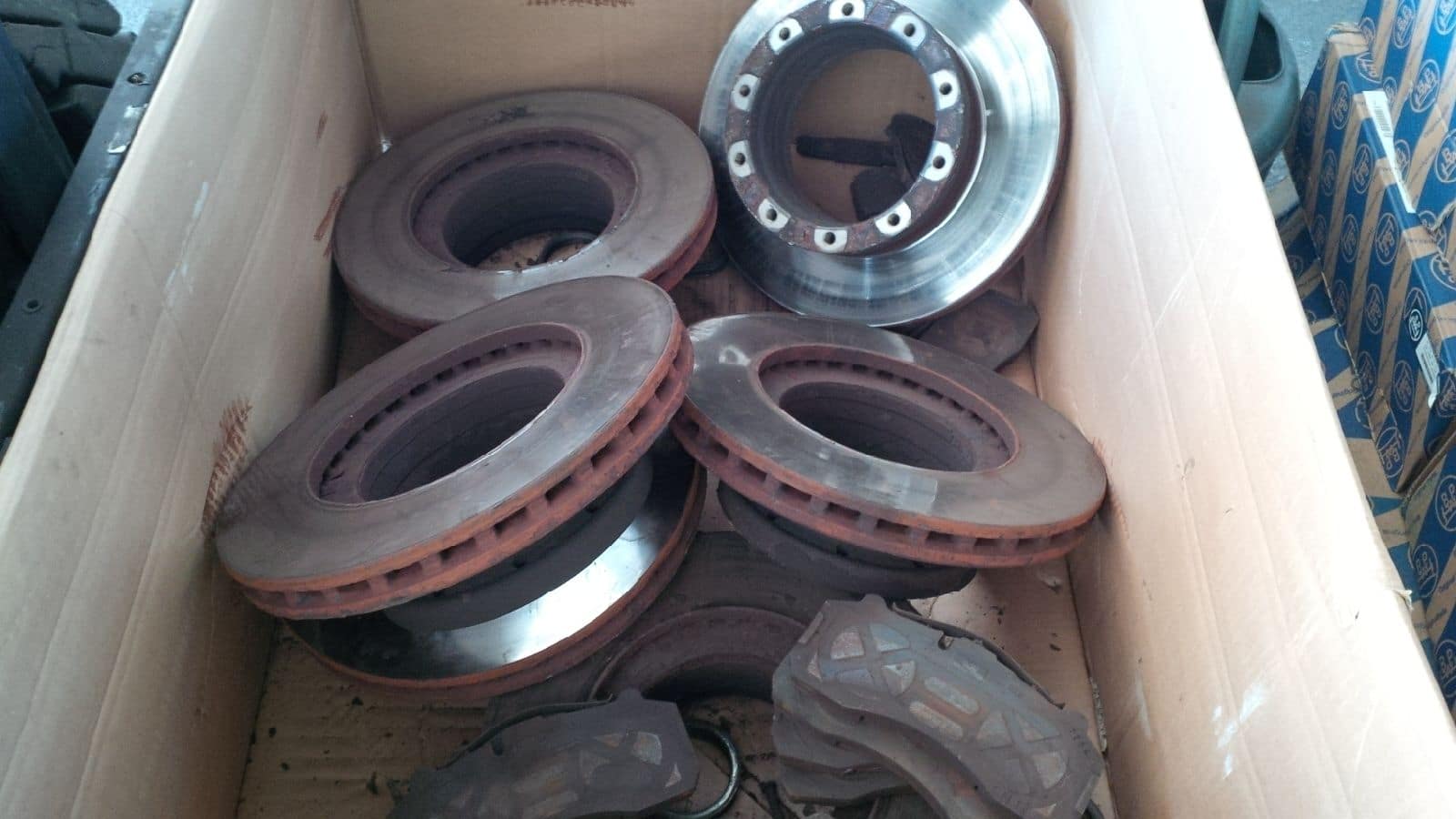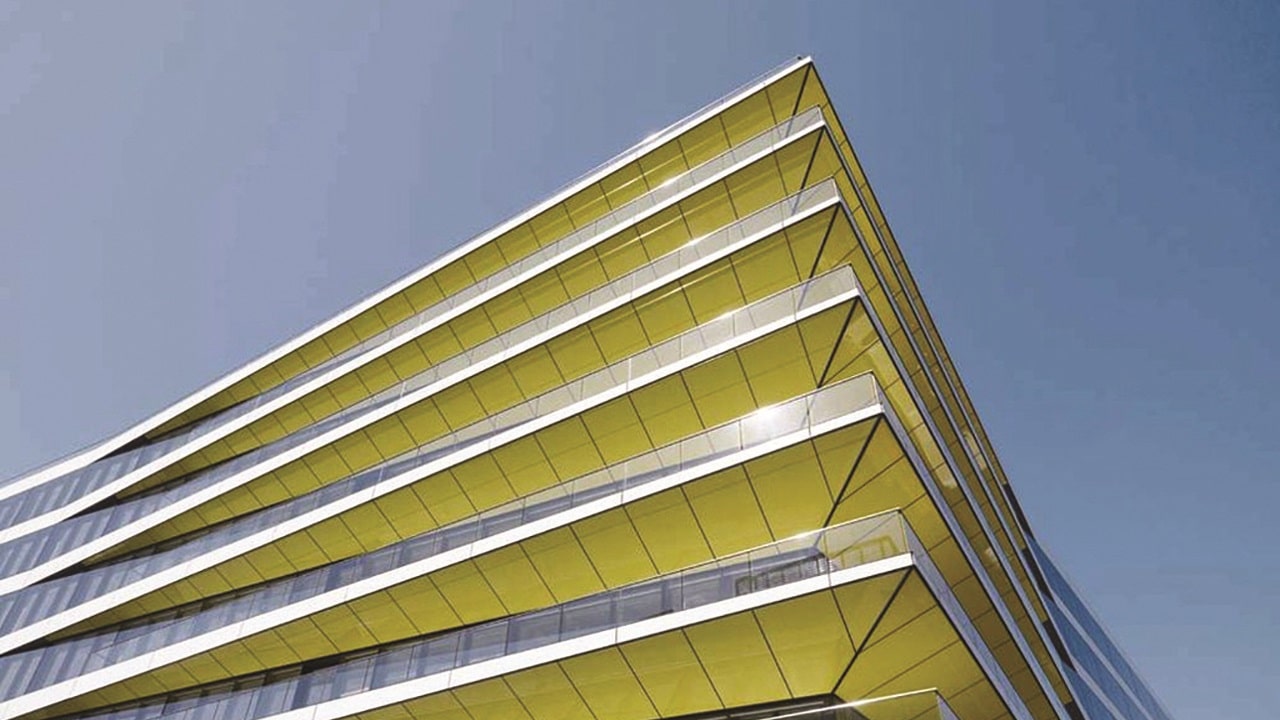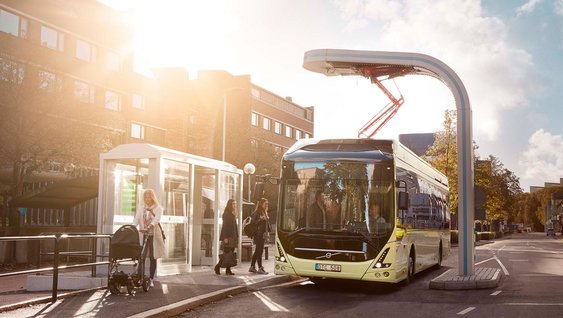Inspecting brake discs and having the right ones is key to the braking performance of your vehicles. Imperial Engineering shares its best practices
The brake disc, or rotor, is one of the most important elements that makes up the air disc brake assembly, in fact it is the largest part. The disc provides the contact surface for the brake pads, for the generation of friction for the braking system, so it needs to withstand a large amount of pressure and heat.
Usually made of cast iron and a specific mix of metals, brake discs are mounted directly to the hub assembly via a bolt-on connection or splined design.
Discs on buses
Due to the intense heat the discs are exposed to, most of the discs for PSV applications are ventilated to optimise the flow of air to assist the cooling process. Cooling is very important and prevents potential damage to the disc and other components of the brake assembly, as well as reducing the risk of brake fade.
From a maintenance perspective, the most common reason for a brake disc change on buses operating in urban areas, where there is high demand on the braking system, is wear. Although heat cracks can happen, it is less common in this type of operation due to consistent operating temperatures, unless a fault with the brake assembly occurs.
Inspection is a must
During routine servicing, it is essential that the brake discs are thoroughly checked and the following areas are recommended for inspection in the course of routine servicing or brake pad changes:
- Check the condition of the contact surfaces of the disc viewed from the underside of the vehicle and through the wheel assembly where possible, looking for heat cracks, unevenness, large grooves, discolouration (blue) and heat spots across the surfaces.
- Brake disc thickness checks must be carried out on a regular basis. On vehicles with 19.5” and 22.5” wheel assemblies, new brake discs measure 45mm and the lowest allowable worn thickness is 37mm. At 37mm the disc must be changed, as running brake discs below this minimum thickness increases the risk of brake disc fractures.
- During brake pad changes, rotate the brake disc and inspect the cooling channels/pillars for any cracks or a high amount of corrosion, as cracks forming through the cooling channels/pillars can cause brake discs to fracture under high braking.
When a brake disc requires changing, selecting the correct high-quality replacement is important, as poor-quality brake discs can affect the braking performance and wear characteristics.
Imperial Engineering has a wealth of disc brake system knowledge and offers a portfolio of brake discs to match every operator’s needs. We provide a full range of OE brake discs from Knorr Bremse, Wabco and Meritor, plus the well-respected Winnard brake disc range.
Please call 01992 634255, email enquiries@imperialengineering.co.uk or visit www.imperialengineering.co.uk



























